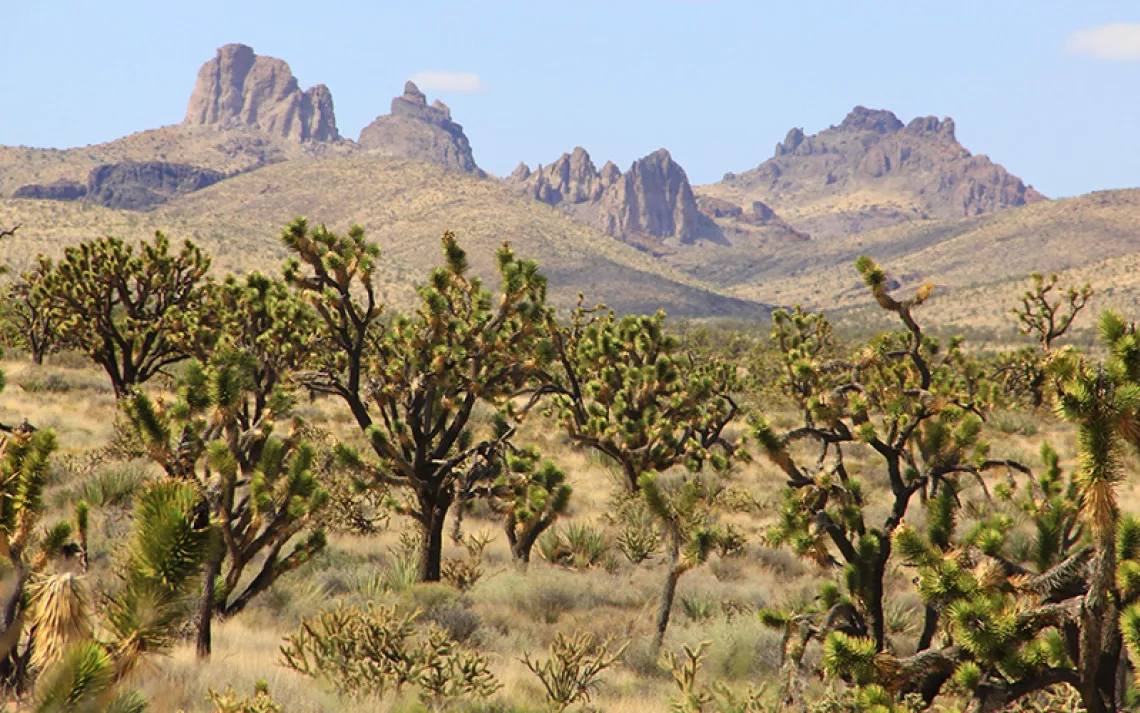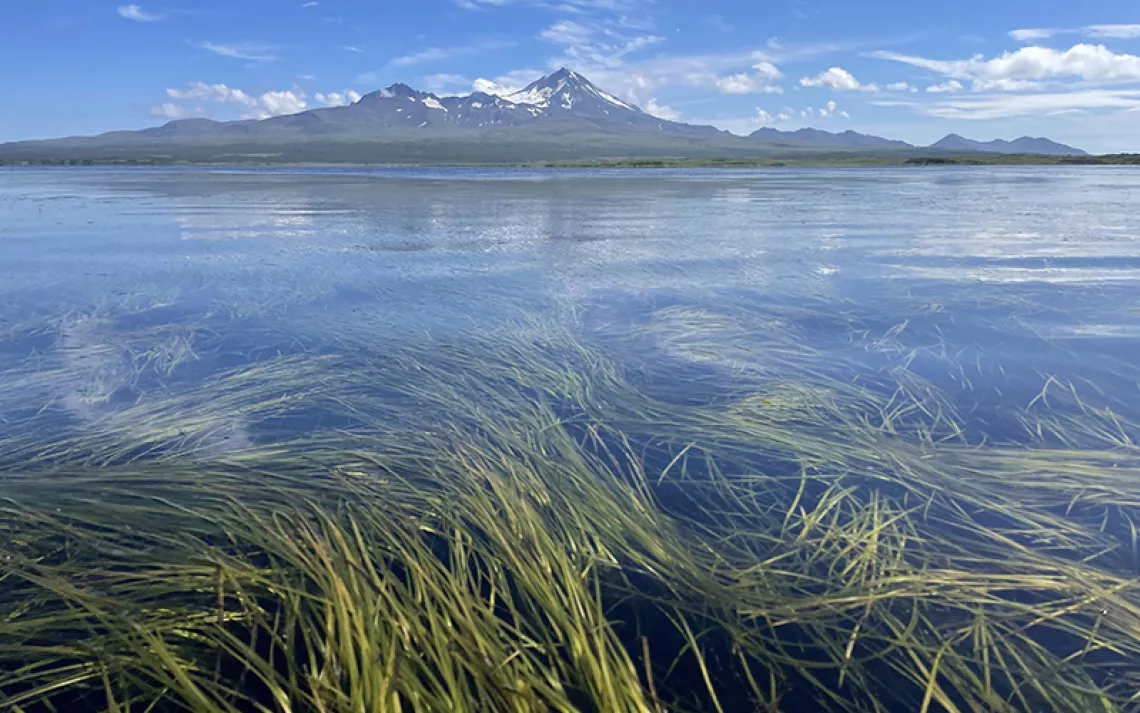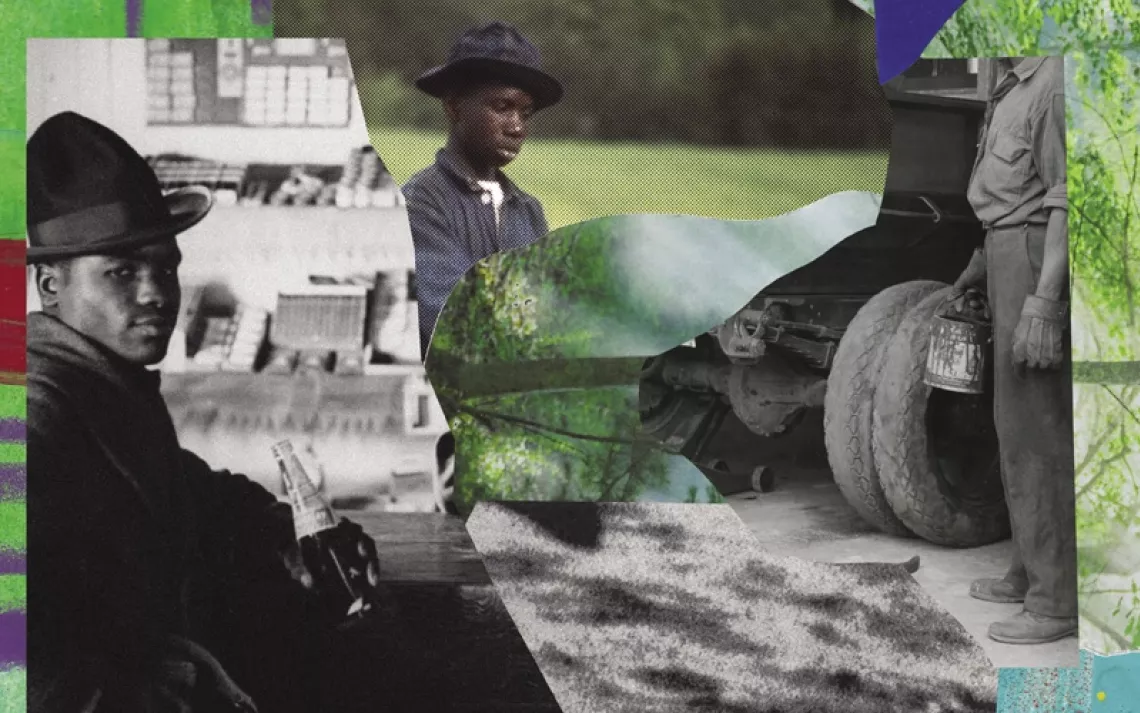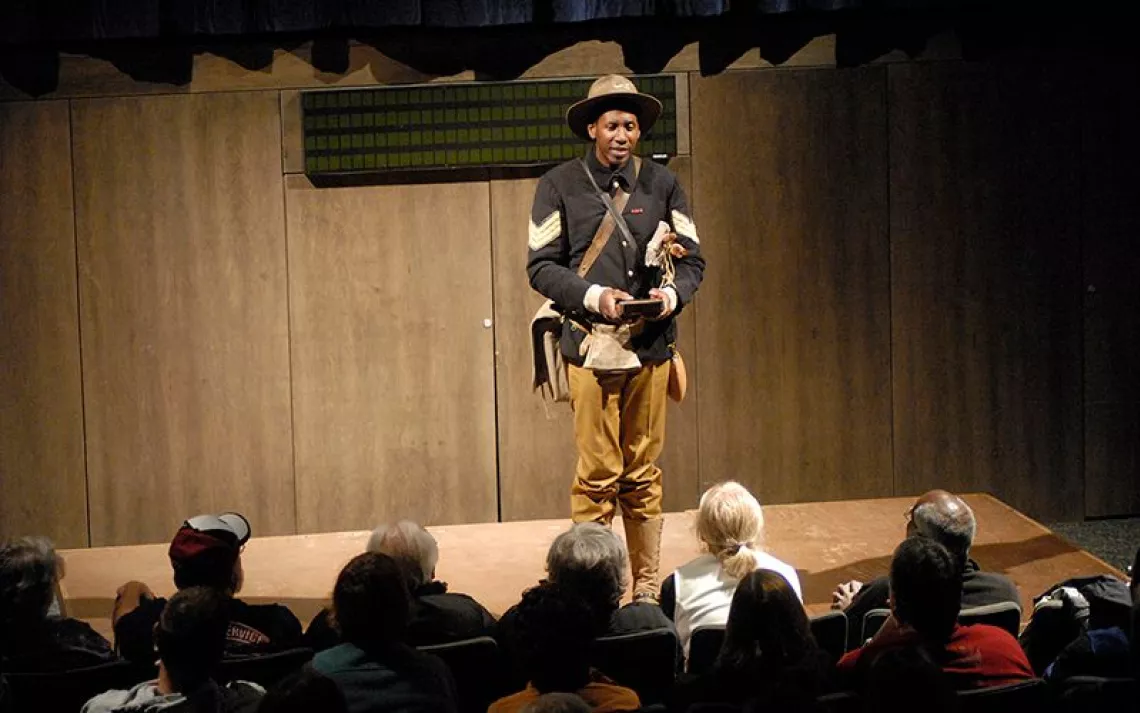Everyone Deserves the Benefits of Spending Time Outdoors
Sierra Club executive director Michael Brune says that even in the era of "glamping" and cellphones in the woods, camping remains a great American pastime
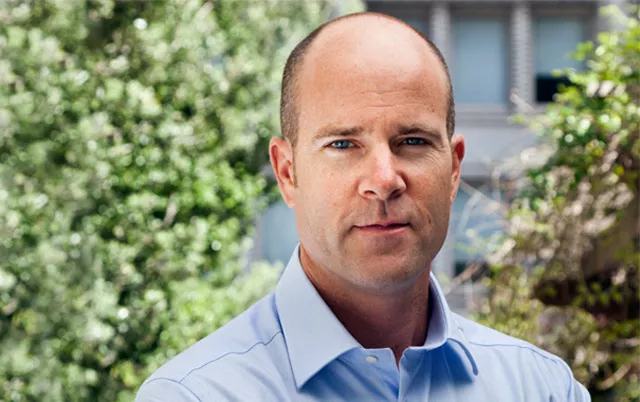
Michael Brune, Sierra Club executive director. | Photo by Henrik Kam
When the National Park Service was created 100 years ago, the Sierra Club had fewer than 2,000 members and had barely expanded beyond its Northern California roots. Many members knew each other personally, and they were excited that the first director of the Park Service was one of their own: Stephen Mather.
Back then, members didn't meet through environmental campaigns. They came together and forged lasting relationships during the Sierra Club's annual High Trip, a multiweek, mule-train-assisted camping excursion to places like Yosemite and Kings Canyon. Read about those High Trips in the old Sierra Club Bulletin, and you'll find as much about campsite cuisine and campfire hijinks as about mountaineering (even in 1916, food cooked and eaten at high elevation just tasted better). Camping is threaded deep in the Sierra Club's DNA.
And it's also a big part of U.S. culture. Going for an easy day hike with the kids and then making s'mores by the campfire may not have the same cachet in some circles as backpacking the John Muir Trail or rafting the Colorado River, but each year roughly one in four American families spends at least one night outdoors. And, according to the KOA 2015 North American Camping Report, that number is increasing. About half of those camping trips are to public lands and national parks.
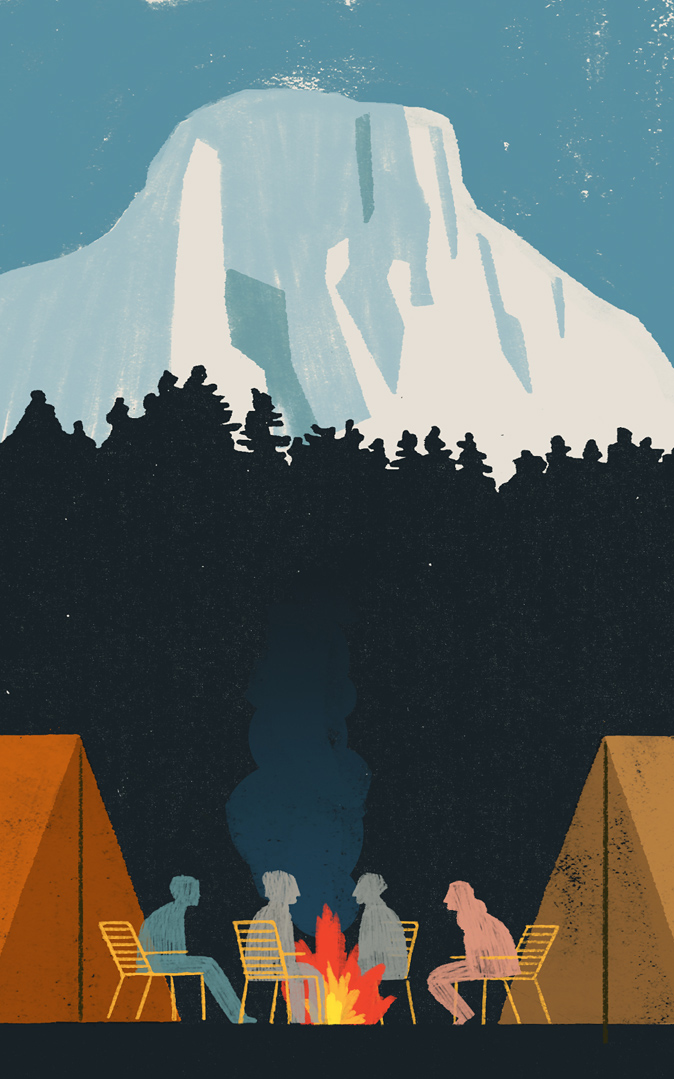
More people enjoying U.S. national parks means more support and protection against oil and gas development. | Illustration by Keith Negley
Camping in the 21st century has evolved. Take the "glamping" trend. "Glamorous camping" usually involves a fancy yurt, an extravagant treehouse, or a bespoke tepee. There's nothing at all wrong with it—especially if it makes camping more appealing or accessible to people. But I'm glad that a majority of campers (younger ones in particular) still choose to spend their nights outdoors the old-fashioned way—in a tent. Of course, everything's relative. John Muir, who once persuaded the president of the United States to forgo his tent and wake up to a dusting of snow, would have classified anything more than a sturdy blanket as glamping.
A more significant change: Nowadays, almost nobody, young or old, wants to forgo access to mobile devices. I have no problem with that. Whatever keeps people interested in spending time outdoors—as long as it doesn't reduce the enjoyment of others—is all right with me. I'm just glad that my family's favorite state park doesn't have cell reception . . . yet.
As a regular camper, I've noticed a more encouraging trend over the past few years, and it's confirmed by the data in the North American Camping Report: America's campers are becoming more ethnically diverse. It's still true that nonwhite campers are underrepresented (especially in national parks), but they've almost doubled since 2012, jumping from 12 percent to 23 percent.
That's great news for several reasons. First, everyone deserves the well-documented physical, mental, and social benefits of spending time outdoors. Second, more people enjoying our public lands and national parks means more support for protection against threats like oil and gas development.
How can we encourage this trend? The Sierra Club is collaborating with groups like Outdoor Afro, which reconnects African Americans with the outdoors—including through camping. And we're making it as easy as possible for people to access our public lands. The Sierra Club is a member of Access Land, a coalition of more than 50 companies and organizations that has successfully pushed to make the online systems for reserving public campsites more open and accessible. The premise: Reserving a campsite in Yellowstone should be as easy as booking a table at your favorite restaurant.
Except in Yellowstone the food is going to taste better.
 The Magazine of The Sierra Club
The Magazine of The Sierra Club
